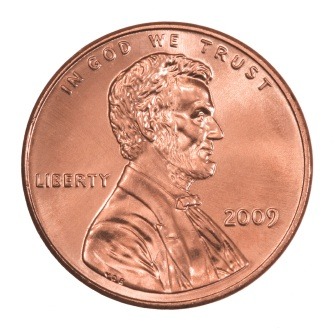Weighing cost and benefit for Seattle’s recycling environmental regulation involves privacy, dollars, time, and respect for the law and our environment.
Why a Hungry Country Might Have Enough Food
Focusing on production and distribution, economists look at the role of markets and of government when they try to determine what causes and ends famines.
How to Find Your Match
Creating more efficient markets, matching algorithms facilitate supply and demand when transactions do not involve money.
The Mystery of the Missing Productivity
The reasons for relatively smaller increases in U.S. productivity are a mystery that could involve understating the new sharing/data economy.
Weekly Roundup: From Nibbling Nachos to Sipping Starbucks
Our everyday economics includes risk, externalities, purchasing power, complementary goods, capitalism, money supply, human capital, and innovation.
The Wright Moment for the Bicycle
As an innovation, the bicycle was a stepping stone that helped human capital move onward to other inventions like the airplane, the auto and better roads.
What Money Should Look Like
The currency part of a money supply needs three basic characteristics that relate to value and also usually a design that reflects a national identity.
Taylor Swift Gives Apple a Little Taste of Capitalism
By asking Apple to pay her and other artists when customers get their music for free displays Taylor Swift’s understanding of the basics of capitalism.
Chips and Cheese Insight
For complementary goods and services like cheese and chips, peanut butter and jelly or weddings and bridal gowns, their demand rises and falls together.

















